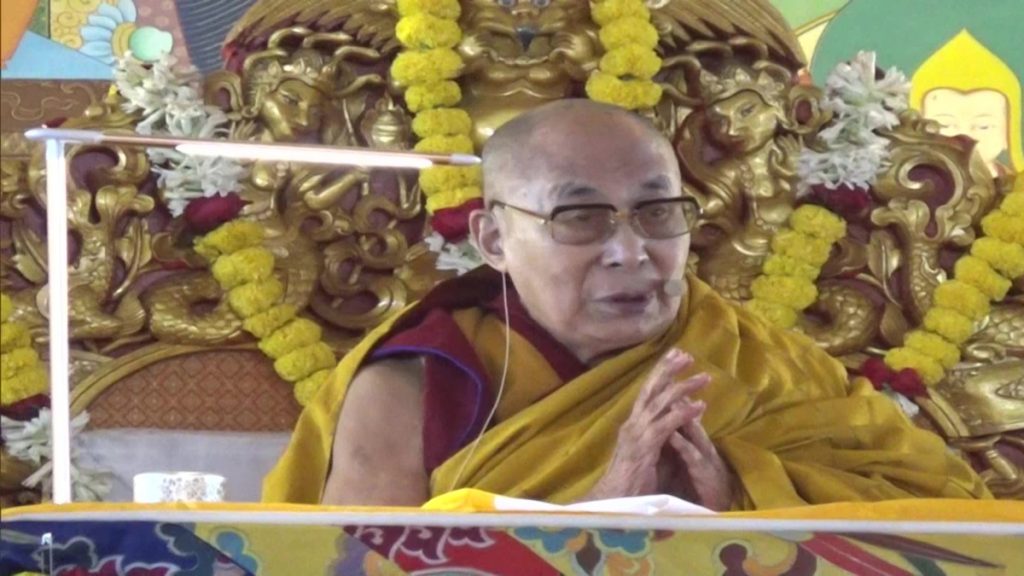New Delhi: The Central government has granted Z-category Central Reserve Police Force (CRPF) security cover for Tibetan spiritual leader Dalai Lama across India, sources said.Ministry of Home Affairs (MHA) took the decision to provide the security cover following a recent Intelligence Bureau’s threats analysis report.
Dalai Lama was previously under the protection of the Himachal Pradesh Police and other security agencies. However, given recent intelligence inputs and potential risks, the Home Ministry has decided to assign the CRPF for his security, ensuring a more coordinated and robust protection plan.
Dalai Lama is a globally respected figure and the spiritual leader of Tibetan Buddhism. He has been residing in India since 1959 after fleeing Tibet following the Chinese occupation.Given Dalali Lama’s status and the complex geopolitical tensions surrounding Tibet, his security has been a key concern for Indian authorities.
Under the Z-category security protocol, the Dalai Lama will be protected by a dedicated team of CRPF commandos, along with an escort and close-protection officers during his travels within the country. This decision comes amid heightened concerns over his safety, particularly considering China’s long-standing opposition to his activities and influence.
Dalai Lama’s presence in India has been a sensitive issue in Sino-Indian relations. While India officially considers Tibet an autonomous region of China, it has continued to provide sanctuary to the Tibetan leader and his followers. Over the years, Chinese authorities have repeatedly criticized his global engagements, viewing them as a challenge to their control over Tibet.
The enhancement of his security suggests the Indian government is taking no chances with potential threats. It also underlines India’s commitment to safeguarding the Tibetan leader, who has lived in Dharamsala, Himachal Pradesh, for over six decades.
This move reflects India’s proactive approach to securing high-profile individuals who may face security threats.
While Dalai Lama continues to advocate for peace and non-violence, his security remains a priority for Indian authorities, especially in light of the ever-evolving geopolitical landscape.

